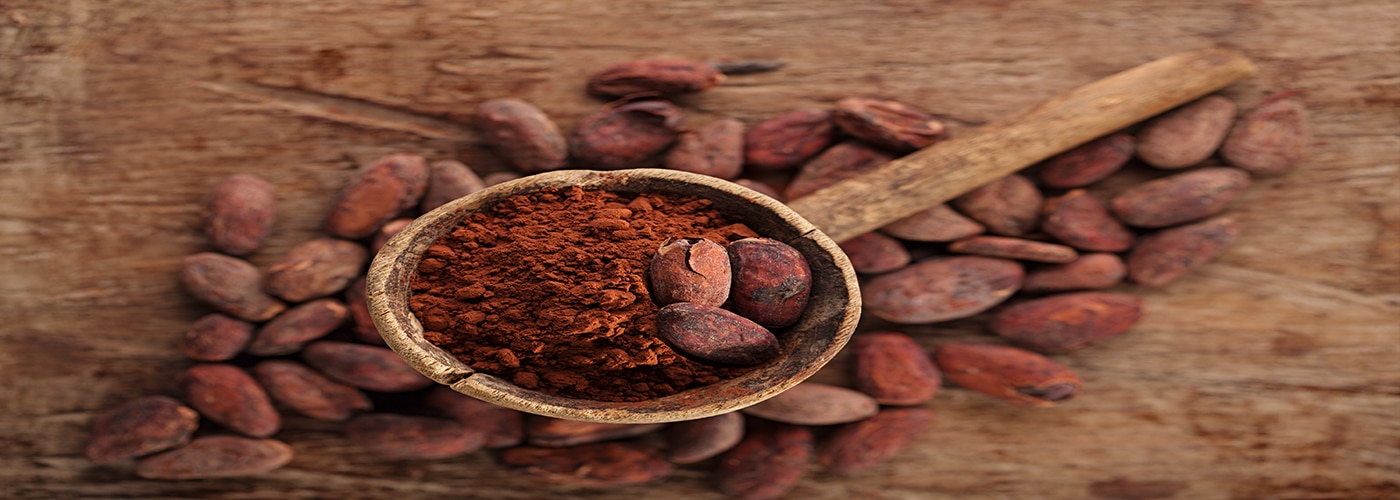Some people have addictive personalities. They tend to fall into the pattern of doing things excessively regardless of what they’re doing. For example, a person with an addictive personality might want to spend every waking moment with their significant other.
They might enter into a romantic relationship and soon scare their partner off because they can’t stand to spend more than several hours alone. They might take up running and soon find themselves running for between three and four hours every single day, despite the looming threat of injury.
Table of Contents
Can Considered Chocolate as a Drug?
A person with an addictive personality might find it difficult to limit themselves to social drinking or recreational drug use. They might discover the food they enjoy and begin eating that food several times a day. People are wired differently. What serves as a “drug” to one person might be a casual enjoyment for another. Therefore, when asking the question, “Is chocolate a drug,” well — it depends on who you’re asking. By scientific standards, no, chocolate is not a drug. It’s a dessert. But for someone who has been struggling with a binge eating disorder, chocolate might very well act as a drug.

Is Chocolate Addictive?
When people think of addictive substances, they tend to think of drugs or alcohol or certain behaviors (like sex and gambling) that stimulate the reward center in the brain. However, according to some studies, including a study recently published by the National Library of Medicine, chocolate can provoke the same behavioral reactions in susceptible persons as chemical substances like cocaine, heroin, and methamphetamine. Not to the same degree, of course — but chocolate can be physically and psychologically addictive.
According to the study:
Chocolate contains several biologically active constituents (methylxanthines, biogenic amines, and cannabinoid-like fatty acids), all of which potentially cause abnormal behaviors and psychological sensations that parallel those of other addictive substances. Most likely, a combination of chocolate’s sensory characteristics, nutrient composition, and psychoactive ingredients, compounded with monthly hormonal fluctuations and mood swings among women, will ultimately form the model of chocolate cravings.
Chocolate Can Act as a “Drug” to Anyone Who is Predisposed
Women are more susceptible to chocolate cravings because of the hormonal changes they regularly undergo, but — interestingly enough — chocolate can act as a “drug” to anyone who is predisposed. This is because chocolate can stimulate the brain’s reward center in the way that drugs and alcohol can. So, of course, a person who has been eating chocolate compulsively might be questioned if they attempted to admit themselves into a medical detox program or an inpatient rehab because of an inclination towards Reese’s or Twix bars. But that isn’t to say some degree of treatment isn’t entirely unnecessary.
Addiction and Eating Disorders Problems
Chocolate is not a controlled substance, and it cannot be prescribed — meaning for all intents and purposes, it is not a drug. However, for a person who has been struggling with compulsive overeating or any other type of eating disorder, chocolate can act like a drug.
Therefore, if you have been struggling with an eating disorder, there is a good chance that some degree of treatment is necessary. In most cases, a 12 step meeting like OA (Overeaters Anonymous) will do the trick. However, if you have simultaneously been struggling with drug addiction or an alcohol abuse disorder, attending a treatment program like Garden State Treatment Center’s provided might be an ideal choice.
Co-Occurring Disorders Help at Garden State Treatment Center
At Garden State Treatment Center, we treat people who have been struggling with drug and alcohol addiction and a co-occurring disorder. Addiction and eating disorders often go hand-in-hand, either because a person self-medicates psychological symptoms with a chemical substance or because addiction leads to severely disrupted eating patterns. Regardless of what you are currently struggling with, we are available to help.
Simply contact us today either through our website or over the phone, and we will help you get started on your journey of recovery — regardless of what that looks like. We look forward to speaking with you soon and answering any additional questions you might have.
FAQ
Can you become addicted to chocolate?
Published on: 2021-09-06
Updated on: 2025-04-30



